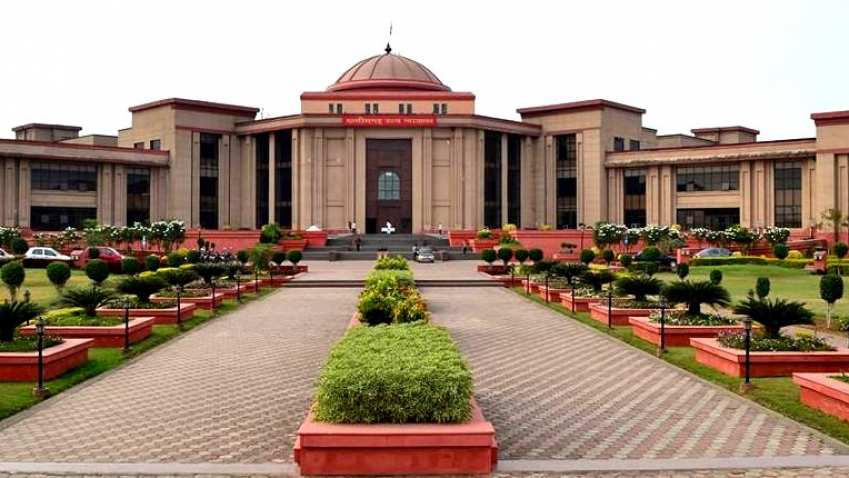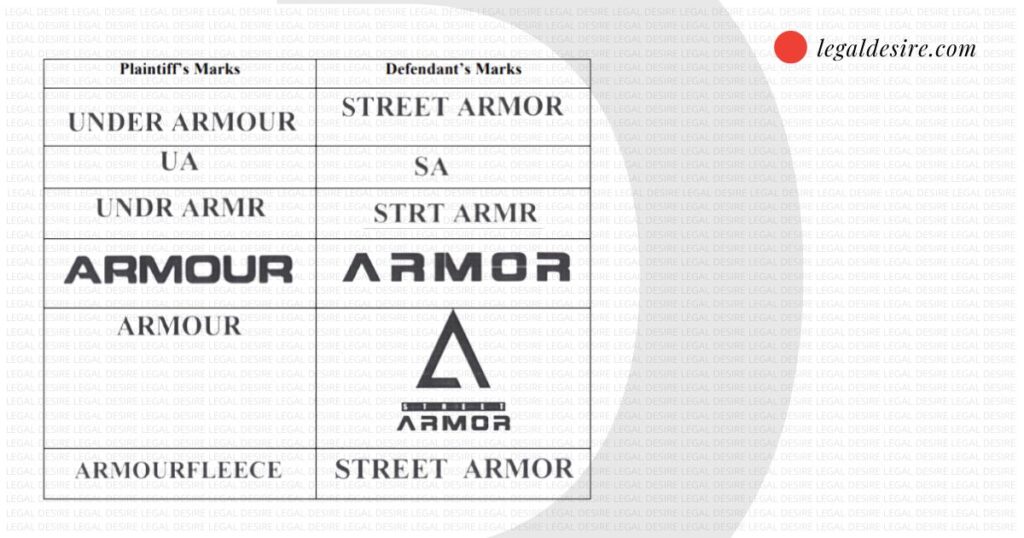Now Reading: Chhattisgarh HC: If a woman dies in abnormal circumstances within 7years of marriage, it attracts the provisions of dowry death
-
01
Chhattisgarh HC: If a woman dies in abnormal circumstances within 7years of marriage, it attracts the provisions of dowry death

Chhattisgarh HC: If a woman dies in abnormal circumstances within 7years of marriage, it attracts the provisions of dowry death
A single-judge bench of the High Court of Chhattisgarh, Bilaspur on 20.02.2019 in AJAY KUMAR KASHYAP Vs. STATE OF CHHATTISGARH (CRA 551 of 2012) had dismissed the appeal preferred u/s 374(2) of the Code of Criminal Procedure, 1973 against judgment passed by Sessions Judge, Janjgir-Champa (C.G.) wherein the said court convicted the appellant for commission of offence u/s 304B, 306 & 498A of IPC, 1860. The bench of H.C. was headed by Justice Ram Prasanna Sharma.
FACTS:
In the present case Terasbai w/o appellant died other than in normal circumstances due to consumption of poisonous substance within seven years of marriage. According to the prosecution, the deceased was residing with the appellant after the marriage and he started demanded motor cycle & fridge and on non-fulfillment of the demand, assaulted the deceased repeatedly because of which she committed suicide and died. The matter was reported, the appellant was charge-sheeted and the trial court convicted and sentenced as under:-
|
Offence u/S. |
RI for |
Fine sentence |
|
304B, IPC |
7 yrs |
– |
|
306, IPC |
4 yrs |
Rs. 500/- |
|
498A, IPC |
1 yr |
Rs. 500/- |
All the jail sentences had been directed to run concurrently.
As result appellant approached the High Court challenging the judgement of the trial court.
ISSUES:
· Whether the commission of suicide by a woman had been abetted by her husband or any relative of her husband?
CONTENTIONS:
By appellants:
· The ingredients of offences were not established, but the trial court overlooked the aspect of the matter and came to wrong conclusion.
· The trial court had not evaluated the entire evidence in its true perspective, therefore, finding arrived at by the trial court was not sustainable.
· The trial court had not evaluated the evidence of all the witnesses while passing the judgment, therefore, the finding arrived at by the trial court was liable to be reversed.
By respondents/State:
· The finding arrived at by the trial court was based on relevant material placed on record and the same did not warrant any interference of the High Court with invoking jurisdiction of the appeal.
OBSERVATIONS:
The court observed that:-
· The act of the appellant fell within mischief of Sections 304B, 306 & 498A of IPC for which the trial court rightly convicted the appellant.
· It was clear that harassment was constantly made to the deceased because of which she committed suicide. Presumption u/s 113A for abetment of suicide was available against him.
· He demanded dowry and harassed the deceased soon before her death within seven years of marriage, therefore, presumption u/s 113B for dowry death was also available against him.
· The act of the appellant to drag the deceased to commit suicide by cruelty was an offence punishable u/s 498A of IPC.
· The offence was committed in secrecy within four corners of matrimonial house, the appellant was under obligation to explain the fact which were specifically within his knowledge, but no explanation was given by him which approved all the charges against him.
HELD:
The court dismissed the appeal and upheld the judgement of the trial court. It was reported that the appellant had suffered full jail sentence and had been released from jail after getting benefit of remission on which no further order was required.
For full judgement refer:
[embeddoc url=”http://cg.nic.in/hcbspjudgement/judgements_web/CRA551_12(20.02.19).pdf” download=”all”]









